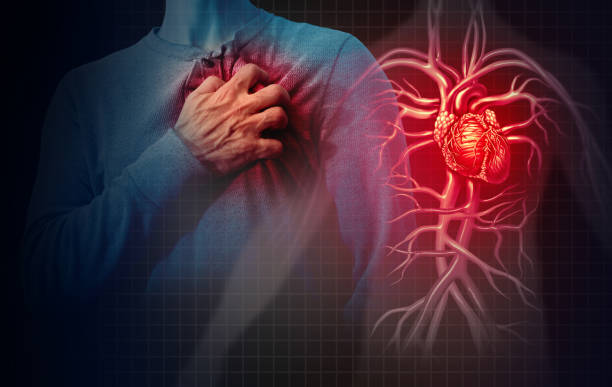
Heart disease is a condition that affects millions of people worldwide, and it's the leading cause of death in many countries. It is a broad term that refers to a range of cardiovascular conditions that can affect the heart, including coronary artery disease, arrhythmias, heart valve disease, and congenital heart defects. In this article, we'll discuss the causes, symptoms, risk factors, prevention, and treatment of heart disease.
Causes of Heart Disease
There are several causes of heart disease, and some of them can be prevented by making lifestyle changes. The most common cause of heart disease is atherosclerosis, which is the buildup of plaque in the arteries that supply blood to the heart. This plaque buildup can lead to a heart attack or stroke. Other causes of heart disease include high blood pressure, smoking, diabetes, obesity, and a family history of heart disease.
Symptoms of Heart Disease
The symptoms of heart disease can vary depending on the type and severity of the condition. Some common symptoms include chest pain or discomfort, shortness of breath, fatigue, dizziness or lightheadedness, and swelling in the legs, ankles, or feet. It's essential to note that some people with heart disease may not experience any symptoms at all, making regular check-ups with a healthcare provider crucial.
Risk Factors for Heart Disease
Several risk factors can increase the likelihood of developing heart disease. Some of these risk factors include a family history of heart disease, high blood pressure, high cholesterol, smoking, diabetes, obesity, and a sedentary lifestyle. It's important to note that anyone can develop heart disease, regardless of age or gender.
Prevention of Heart Disease
While some risk factors for heart disease, such as family history, cannot be changed, many lifestyle changes can reduce the risk of developing heart disease. These include quitting smoking, maintaining a healthy weight, exercising regularly, eating a heart-healthy diet, and managing stress levels. It's also crucial to manage any underlying health conditions, such as high blood pressure or diabetes, as these can increase the risk of heart disease.
Treatment of Heart Disease
The treatment of heart disease depends on the type and severity of the condition. For example, medications such as beta-blockers, statins, and ACE inhibitors may be prescribed to manage high blood pressure, cholesterol, and other underlying conditions. In more severe cases, surgery may be necessary to repair or replace damaged heart valves or arteries. Lifestyle changes, such as a heart-healthy diet and regular exercise, can also help manage heart disease.
When to Seek Medical Attention
If you experience any symptoms of heart disease, it's essential to seek medical attention immediately. If left untreated, heart disease can lead to severe complications, including heart attack, stroke, and even death. It's also crucial to attend regular check-ups with your healthcare provider to monitor your heart health, especially if you have any underlying health conditions that increase your risk of heart disease.
In conclusion, heart disease is a common and serious condition that can affect anyone, regardless of age or gender. While some risk factors for heart disease cannot be changed, lifestyle changes such as quitting smoking, maintaining a healthy weight, and managing underlying health conditions can reduce the risk of developing heart disease. It's also important to seek medical attention immediately if you experience any symptoms of heart disease to prevent complications and ensure proper treatment.
Comments
Post a Comment